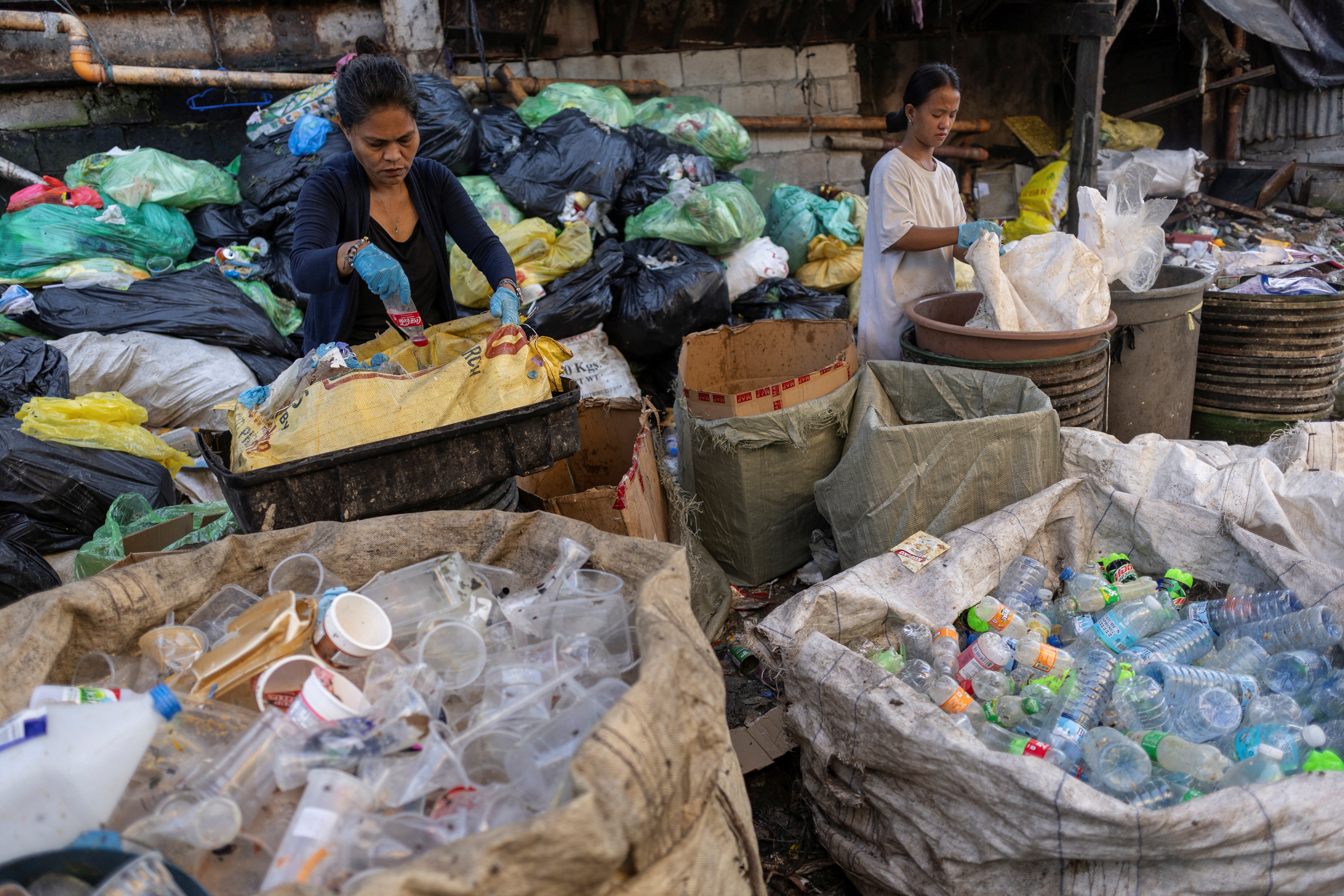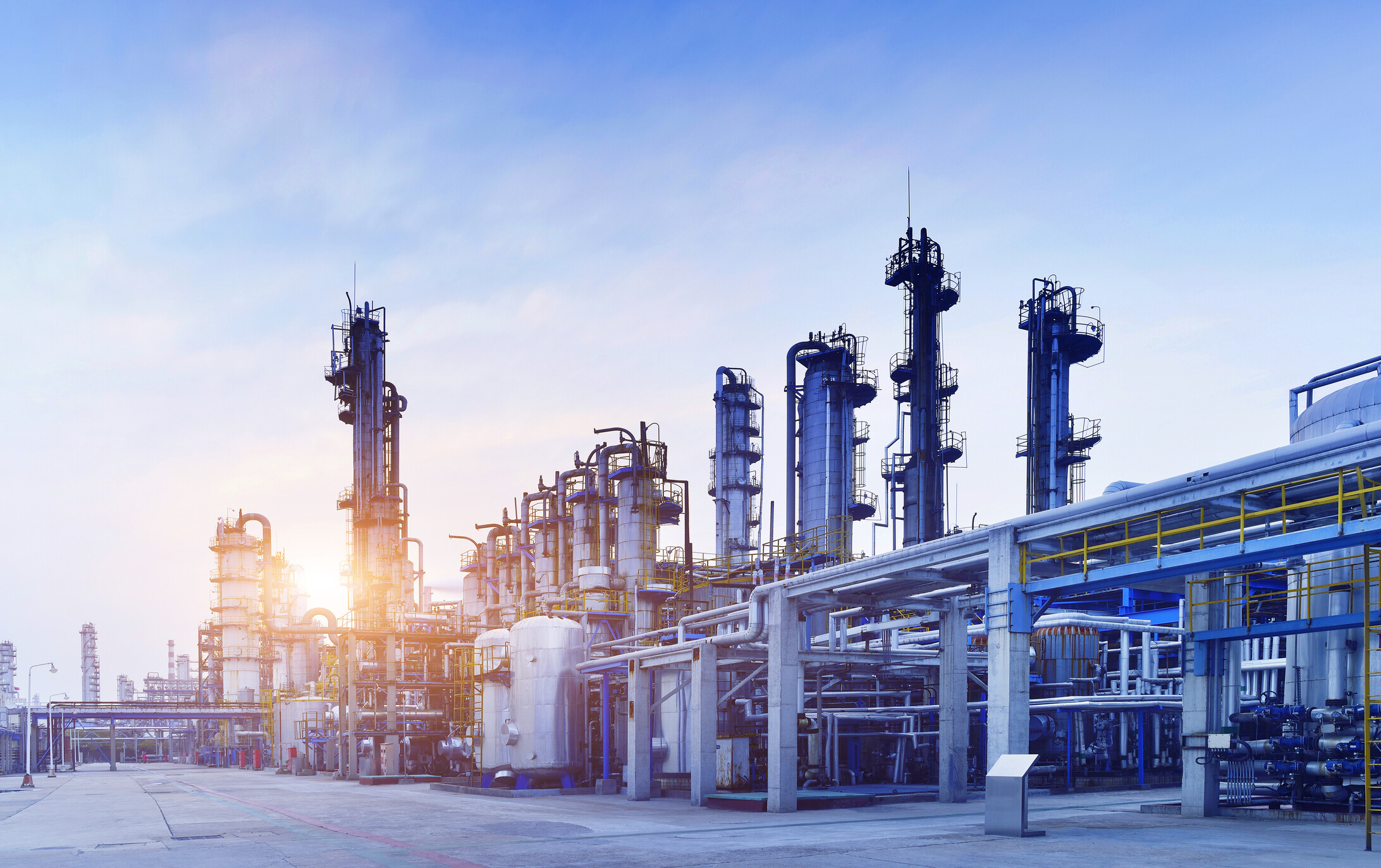This house is made entirely out of recycled rubbish

Trash for cash ... a new design exhibit can teach us a lot about the scalable cost-efficiency of waste. Image: Miniwiz
The world’s waste problem is getting bigger by the day as we use and discard billions of things that deserve a second chance. While the global recycling market is expected to continue to expand rapidly, it can’t keep up with the current pace of consumption.
A growing number of companies are beginning to embrace the idea of the circular economy, in which goods and materials are reused, repaired or recycled instead of being thrown away.

For more than a decade, design firm Miniwiz has been finding surprising new uses for waste, including using over a million plastic bottles to construct a multi-storey building and making sunglasses from recycled CDs.
Welcome to the House of Trash
Now the Taiwan-based firm has teamed up with homewares company Pentatonic to create the House of Trash, a home design exhibit in Milan where, as the name suggests, everything from coffee cups to furniture and artwork is made from trash. This includes lounge chairs made from recycled plastic bottles and glassware created with broken smartphone screens.
“We believe that everything can be made out of trash,” Miniwiz founder Arthur Huang said in an interview with Project Breakthrough. “Trash is an abundant and highly valuable source of premium grade plastics, metals and fibres, all perfectly good materials to be used and reused time and time again”, he explains. “And with its supply rising by 70% each year, the cost-efficiency of trash as a scalable resource is already hugely viable.”
The trash lab
Inside their “trash lab”, the Miniwiz team collect and break down waste items to create new products.
Their next challenge is an experimental aircraft concept called EcoFighter, which will combine advanced nanotechnologies and mechanical engineering to build aircraft wings out of trash.
Going mainstream
Although the benefits of using waste materials may not be obvious to everyone, interest in the circular economy is growing. Miniwiz, which was recognized by the World Economic Forum as a Technology Pioneer in 2015, counts global brands including Nike, Coca-Cola and Starwood among its clients.
Many companies and organizations are experimenting with bringing waste materials back into the economy.
The World Economic Forum and the Ellen MacArthur Foundation have been working collaboratively on Project MainStream, an initiative that helps to develop business ideas for the circular economy.
Launched in 2017, the Platform for Accelerating the Circular Economy (PACE) builds on this work by encouraging the private and public sectors to join forces to expand the circular economy, particularly in developing and emerging countries. The platform generates finance for new ideas and helps to overcome potential barriers to the circular economy’s expansion.
The world is producing a staggering amount of waste – 2.12 billion tons per year. And tackling this problem by switching over to a circular economy is likely to mean we’ll not only have to change our behaviour, but also our mindsets.
Don't miss any update on this topic
Create a free account and access your personalized content collection with our latest publications and analyses.
License and Republishing
World Economic Forum articles may be republished in accordance with the Creative Commons Attribution-NonCommercial-NoDerivatives 4.0 International Public License, and in accordance with our Terms of Use.
The views expressed in this article are those of the author alone and not the World Economic Forum.
Stay up to date:
Circular Economy
Related topics:
Forum Stories newsletter
Bringing you weekly curated insights and analysis on the global issues that matter.
More on Circular EconomySee all
Felipe Basso
November 13, 2025









